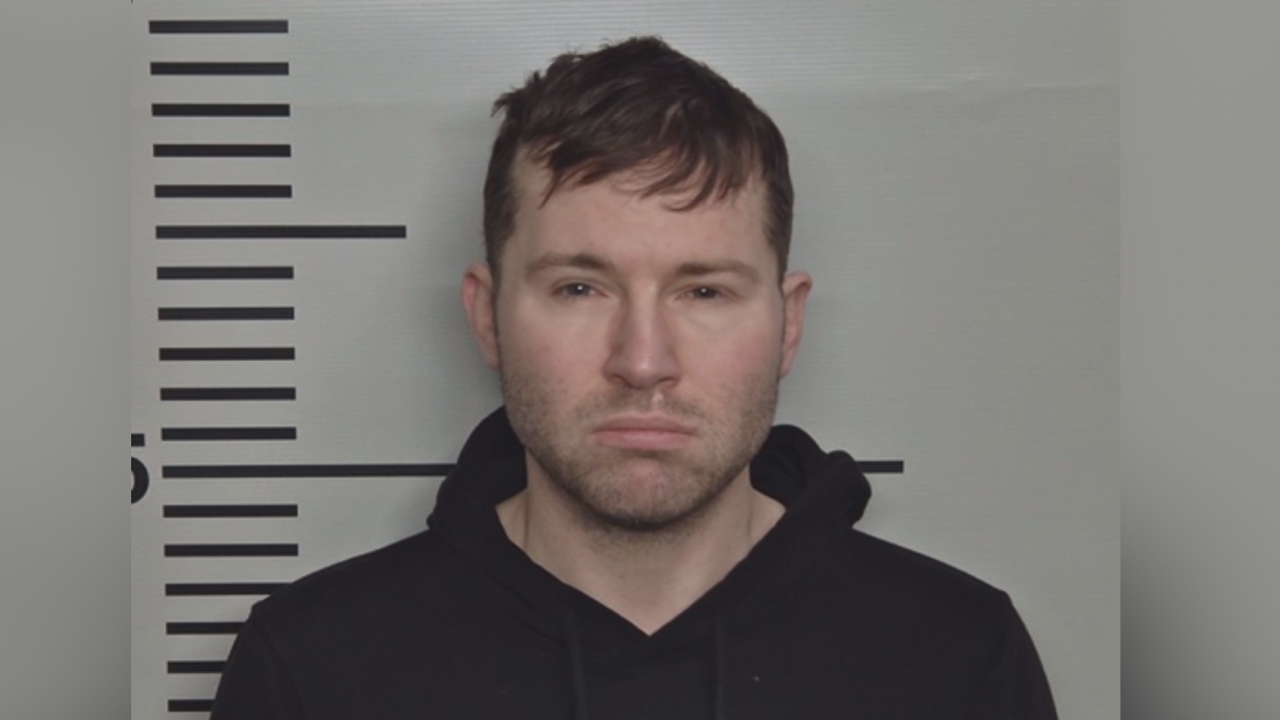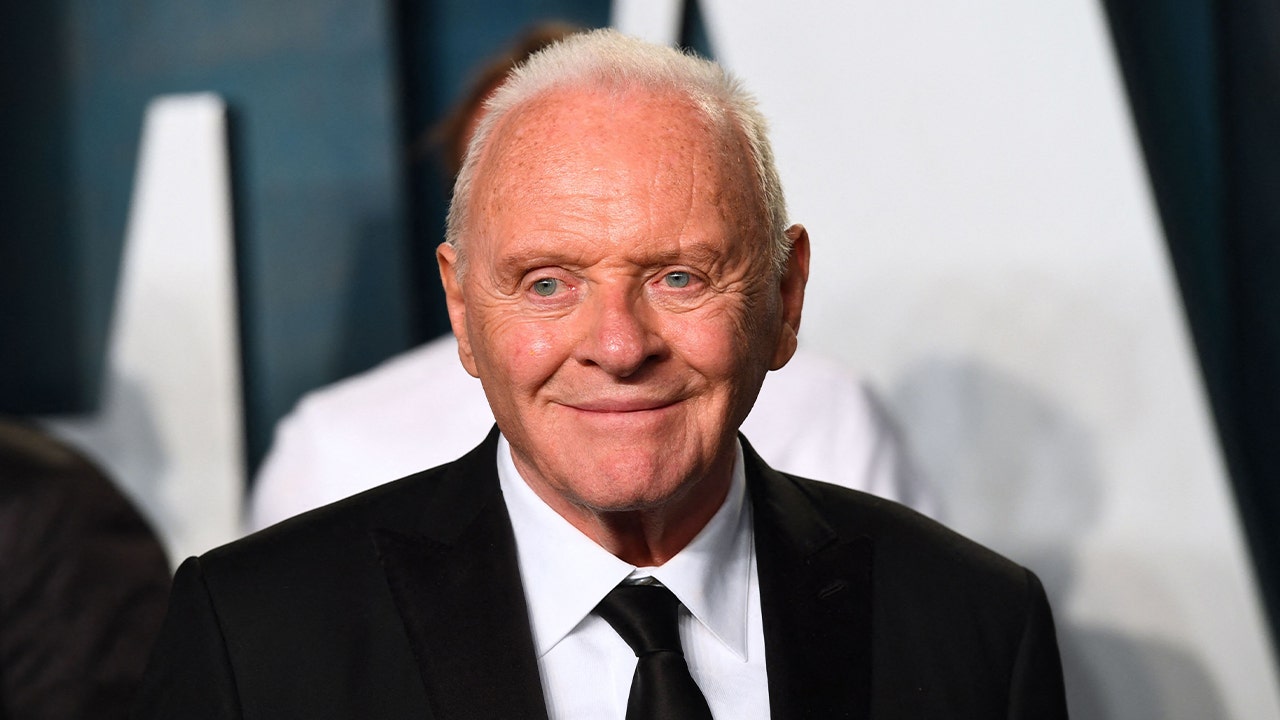Technology
Senate: INEC Must Bear Proof of Burden in Poll Disputes, Akpabio Seeks Act Overhaul
Considers Tinubu’s letters for confirmation of ministerial nominee, others
Sunday Aborisade in Abuja
Senate has demanded a fundamental shift in Nigeria’s electoral litigation process, declaring that Independent National Electoral Commission (INEC), not candidates, should bear the burden of proof in election petitions.
Senate President, Godswill Akpabio, made the call during plenary as lawmakers began deliberation on amendments to the Electoral Act 2022.
Akpabio stated that INEC, as the institution responsible for conducting and supervising elections, must be held accountable for the legality and transparency of its operations whenever disputes arose.
Akpabio said, “It is wrong to assume that whatever INEC does is perfect. INEC should be held accountable because it controls electoral materials and logistics.
“Therefore, it should bear the responsibility in court to prove that its actions were lawful and in line with the will of the people.”
Presiding over the session, Akpabio commended the progress made in Nigeria’s electoral system, but stressed that the process was still evolving.
He said, “We are improving, but we are not yet perfect. We will do our best to craft amendments that will bring us closer to achieving credible, transparent, and violence-free elections.”
The senate president said the forthcoming amendments would aim to deliver a more credible framework before the 2027 general election.
He added, “This time around, INEC must be held responsible because it has custody of the electoral materials and manages the logistics.
“The commission should be given the legal duty to prove that its actions were legitimate and reflected the will of Nigerians.”
He commended the gains of the 2022 Electoral Act, stating that Nigeria has become a model in parts of Africa for advancing electoral reforms.
“We have made improvements upon improvements, but we are not there yet. We’ll continue to refine the law until we attain near perfection,” he said.
The plenary session featured robust debate as senators across party lines endorsed wide-ranging reforms to strengthen the credibility of future elections.
Senator Abdul Ningi (Bauchi Central) said the proposed amendments must empower citizens by ensuring that votes truly counted at elections.
Ningi said, “Since 1999, we have consistently worked to improve the Electoral Act. This amendment is another opportunity to address loopholes, especially regarding BVAS and real-time result transmission.”
Senator Adamu Aliero (Kebbi Central) called for the correction of what he described as “self-inflicted errors” in the 2022 Electoral Act.
Aliero faulted the exclusion of elected officials, such as senators, governors, and state assembly members, from delegate lists during party primaries.
He said, “We shot ourselves in the foot. We must restore all elected representatives as delegates.”
Senator Adams Oshiomhole (Edo North) decried the recurring violence during elections, warning that it undermines democracy.
Oshiomhole said, “We cannot continue treating elections like war. Politicians arm poor youths, and those weapons later fuel insecurity.”
He urged the senate to retain separate dates for national and state elections to enhance security management.
Supporting Akpabio’s position, former Bayelsa State governor, Seriake Dickson (Bayelsa West) said transferring the evidential burden to INEC would rebuild public trust.
“It is INEC that conducts elections and keeps the materials; it must therefore show that its conduct was lawful,” Dickson maintained.
Senator Garba Maidoki (Kebbi South) condemned the high cost of obtaining certified true copies of election materials, claiming that the process sometimes cost candidates up to N1.5 billion.
Maidoki also renewed the call for diaspora voting, stating that Nigerians abroad contribute more to the economy through remittances than oil exports.
Responding to Maidoki, Akpabio acknowledged the concerns and assured that diaspora participation would be considered in future reforms.
Senator Ekong Sampson (Akwa Ibom South) cautioned that laws alone could not guarantee credible elections.
Sampson said, “Elections are not conducted by ghosts. Our laws are strong, but enforcement is weak.
“We must strengthen sanctions and ensure that those managing the process act as trustees of the people’s mandate.”
Earlier in the session, the senate read three letters from President Bola Tinubu seeking confirmation of nominees to the boards of Nigerian Communications Commission (NCC) and Universal Service Provision Fund (USPF), as well as the nomination of Dr. Bernard Mohammed Doro as Minister of the Federal Republic.
The requests were referred to relevant committees for further legislative action.
The senate also resolved to suspend today’s plenary to enable members of the Constitution Review Committee to attend a joint retreat with their counterparts in the House of Representatives in Lagos.
Akpabio reaffirmed the upper chamber’s resolve to deliver far-reaching electoral reforms ahead of 2027.
“We must close loopholes and strengthen our laws so that Nigerians can trust the process and our democracy can truly reflect the will of the people,” he stated.
Considers Tinubu’s letters for confirmation of ministerial nominee, others
Sunday Aborisade in Abuja
Senate has demanded a fundamental shift in Nigeria’s electoral litigation process, declaring that Independent National Electoral Commission (INEC), not candidates, should bear the burden of proof in election petitions.
Senate President, Godswill Akpabio, made the call during plenary as lawmakers began deliberation on amendments to the Electoral Act 2022.
Akpabio stated that INEC, as the institution responsible for conducting and supervising elections, must be held accountable for the legality and transparency of its operations whenever disputes arose.
Akpabio said, “It is wrong to assume that whatever INEC does is perfect. INEC should be held accountable because it controls electoral materials and logistics.
“Therefore, it should bear the responsibility in court to prove that its actions were lawful and in line with the will of the people.”
Presiding over the session, Akpabio commended the progress made in Nigeria’s electoral system, but stressed that the process was still evolving.
He said, “We are improving, but we are not yet perfect. We will do our best to craft amendments that will bring us closer to achieving credible, transparent, and violence-free elections.”
The senate president said the forthcoming amendments would aim to deliver a more credible framework before the 2027 general election.
He added, “This time around, INEC must be held responsible because it has custody of the electoral materials and manages the logistics.
“The commission should be given the legal duty to prove that its actions were legitimate and reflected the will of Nigerians.”
He commended the gains of the 2022 Electoral Act, stating that Nigeria has become a model in parts of Africa for advancing electoral reforms.
“We have made improvements upon improvements, but we are not there yet. We’ll continue to refine the law until we attain near perfection,” he said.
The plenary session featured robust debate as senators across party lines endorsed wide-ranging reforms to strengthen the credibility of future elections.
Senator Abdul Ningi (Bauchi Central) said the proposed amendments must empower citizens by ensuring that votes truly counted at elections.
Ningi said, “Since 1999, we have consistently worked to improve the Electoral Act. This amendment is another opportunity to address loopholes, especially regarding BVAS and real-time result transmission.”
Senator Adamu Aliero (Kebbi Central) called for the correction of what he described as “self-inflicted errors” in the 2022 Electoral Act.
Aliero faulted the exclusion of elected officials, such as senators, governors, and state assembly members, from delegate lists during party primaries.
He said, “We shot ourselves in the foot. We must restore all elected representatives as delegates.”
Senator Adams Oshiomhole (Edo North) decried the recurring violence during elections, warning that it undermines democracy.
Oshiomhole said, “We cannot continue treating elections like war. Politicians arm poor youths, and those weapons later fuel insecurity.”
He urged the senate to retain separate dates for national and state elections to enhance security management.
Supporting Akpabio’s position, former Bayelsa State governor, Seriake Dickson (Bayelsa West) said transferring the evidential burden to INEC would rebuild public trust.
“It is INEC that conducts elections and keeps the materials; it must therefore show that its conduct was lawful,” Dickson maintained.
Senator Garba Maidoki (Kebbi South) condemned the high cost of obtaining certified true copies of election materials, claiming that the process sometimes cost candidates up to N1.5 billion.
Maidoki also renewed the call for diaspora voting, stating that Nigerians abroad contribute more to the economy through remittances than oil exports.
Responding to Maidoki, Akpabio acknowledged the concerns and assured that diaspora participation would be considered in future reforms.
Senator Ekong Sampson (Akwa Ibom South) cautioned that laws alone could not guarantee credible elections.
Sampson said, “Elections are not conducted by ghosts. Our laws are strong, but enforcement is weak.
“We must strengthen sanctions and ensure that those managing the process act as trustees of the people’s mandate.”
Earlier in the session, the senate read three letters from President Bola Tinubu seeking confirmation of nominees to the boards of Nigerian Communications Commission (NCC) and Universal Service Provision Fund (USPF), as well as the nomination of Dr. Bernard Mohammed Doro as Minister of the Federal Republic.
The requests were referred to relevant committees for further legislative action.
The senate also resolved to suspend today’s plenary to enable members of the Constitution Review Committee to attend a joint retreat with their counterparts in the House of Representatives in Lagos.
Akpabio reaffirmed the upper chamber’s resolve to deliver far-reaching electoral reforms ahead of 2027.
“We must close loopholes and strengthen our laws so that Nigerians can trust the process and our democracy can truly reflect the will of the people,” he stated.




